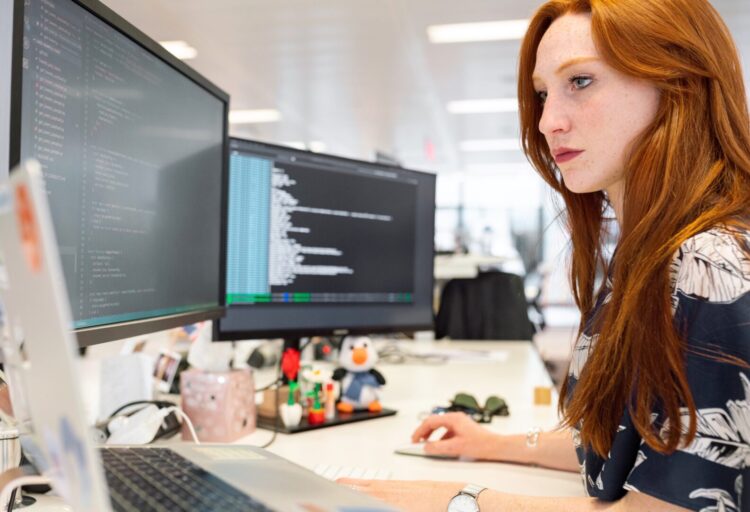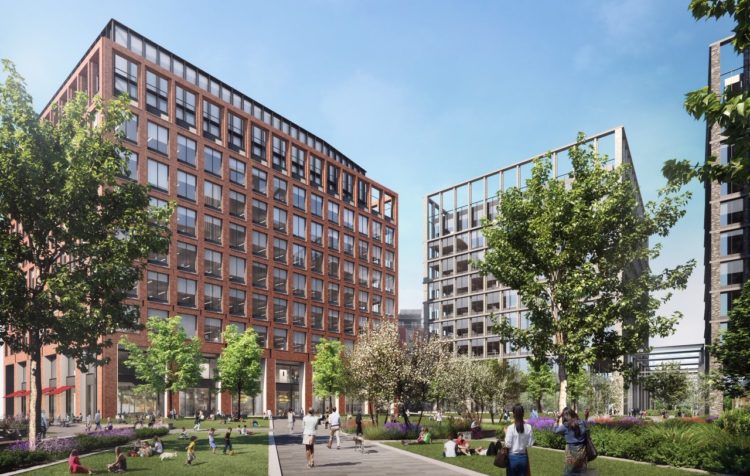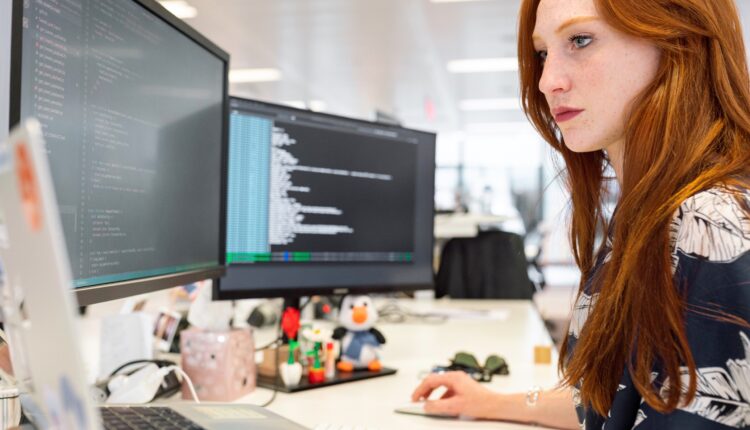Millions of office workers took their work home during the coronavirus lockdown – how many will return and what will this mean for office markets in cities such as Liverpool. Tony McDonough reports

In early March the annual Office Market Review sounded the alarm bell for Liverpool’s commercial district, reporting that available office space had hit an all-time low.
It revealed that grade A space had completely dried up and that overall available space in the commercial district had contracted by 33% during 2019, falling to 475,351 sq ft. This increased fears Liverpool would fall behind other cities in attracting investment.
Fast forward more than four months and we find ourselves in a very different world. By late March most office workers in Liverpool, and across the UK, were working from home as the country went into lockdown to fight the spread of COVID-19.
From May onwards, the country started to emerge and restrictions were slowly lifted. Life has started to return to our city centres but many office workers continue to work remotely, holding meetings with colleagues via Zoom.
READ MORE: Downtown to resume live Liverpool events
A number will inevitably return to their desks, albeit under social distancing restrictions, but how many? Prior to the pandemic, there had been a reluctance among firms to sanction large-scale homeworking, for fear it would hit team cohesion and productivity.
Now they have been forced to introduce remote working across their teams, could this sound the death knell for the traditional office? And what will this mean for demand? Will office schemes in Liverpool planned for Pall Mall and Princes Dock come out of the ground?
Tony Reeves, chief executive of Liverpool City Council, which is backing the Pall Mall scheme, was in no doubt. Speaking at a webinar on Monday, he said: “The COVID-19 crisis is going to accelerate the trend towards agile working and productivity, but Liverpool’s office market is as vital as ever.”
There is also an important generational aspect to this issue. Liverpool has been sold as an investment location for potential occupiers using its status as a relatively cheap place to live and a thriving hospitality sector.

No 4 St Paul’s Square, which offered the newest office space in the commercial district, sold itself as a place of collaboration and as somewhere with a great social scene, with a number of bars and restaurants right own its doorstep. Younger office workers, in particular, value the social connections they make via their workplaces. They will not want to let go of that, pandemic or no pandemic.
In an article for the website of the Centre for Evidenced Based Medicine at Oxford University, charted surveyor Richard Darby of Darby Group, and investment analyst Tom Darby of Barwood Capital, considered how COVID-19 might transform out office culture.
They wrote: “None of this means that the office is dead, although landlords and occupiers will both need to respond to changing requirements.
“Physical interaction is still a key catalyst for innovation, which requires people to be together and work in teams. Collaboration is also important for problem solving and the development of corporate culture.
“Also, whilst older workers have embraced working from home, because they do not require supervision and already have professional networks in place, junior staff need to learn from colleagues and crave the work and social relationships that offices can provide.”

They don’t predict a significant fall in the overall demand for office space but add that the impact on workplace design and location will be “considerable”. Offices will no longer just be places to come to work every day, they say but will become collaborative/creative spaces, perhaps visited twice a week.
“A further social benefit of this environmental and economic change could be that the existing trend towards more inclusive workplaces will accelerate,” they said. A working culture which is genuinely without a presenteeism focus presents a productivity opportunity provided by those previously reluctant or unable to accept full-time office work.
“This then becomes an economic as well as a social benefit and further strengthens the resilience of this new paradigm.”

